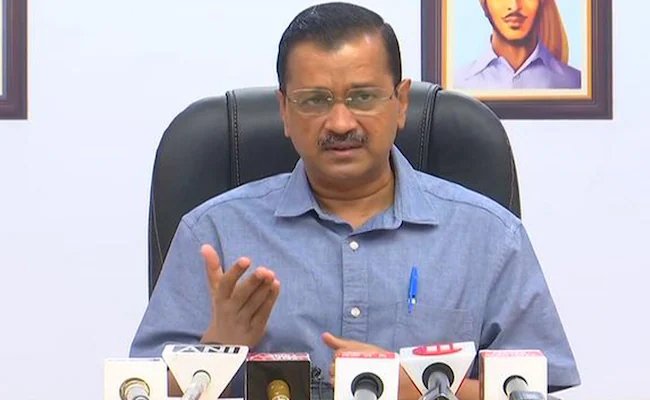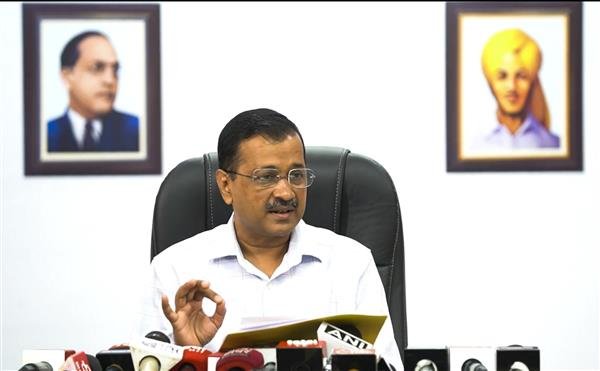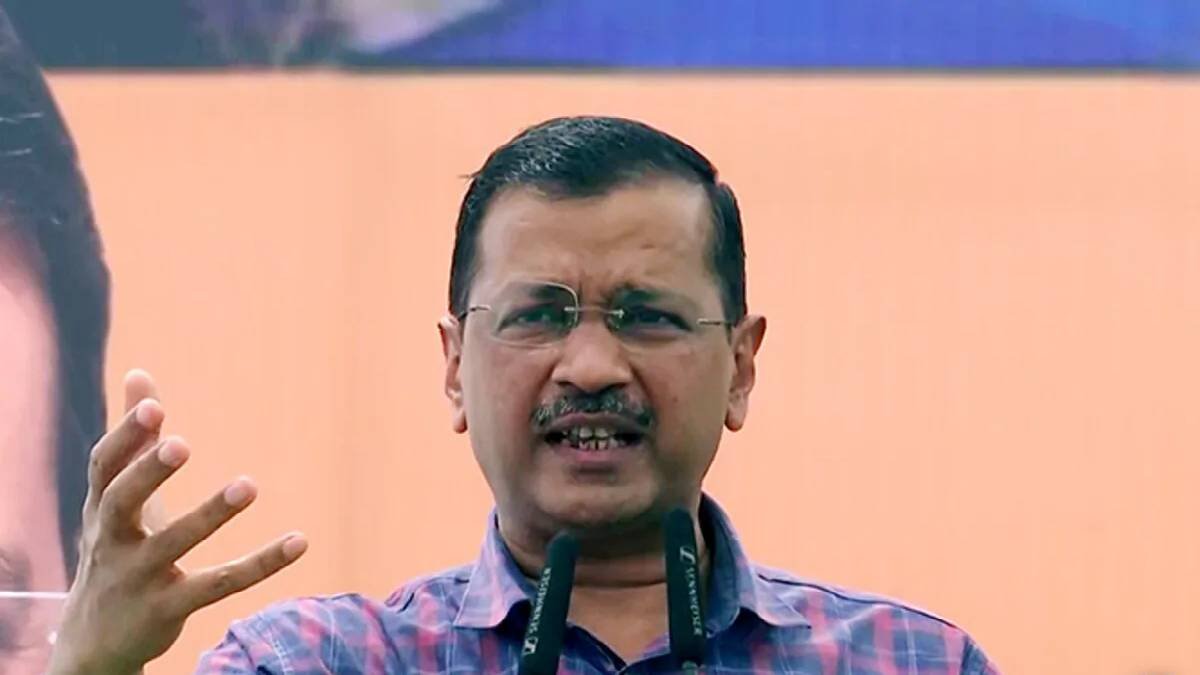AHMEDABAD, March 31 (PTI): The Gujarat High Court on Friday set aside the seven-year-old order of the Central Information Commission (CIC), asking the Gujarat University to provide information on Prime Minister Narendra Modi’s degree to Delhi Chief Minister Arvind Kejriwal.
Allowing the Gujarat University’s appeal against the CIC order, Justice Biren Vaishnav also imposed a cost of Rs 25,000 on Kejriwal and asked him to deposit the amount within four weeks to the Gujarat State Legal Services Authority (GSLSA).
“Accordingly, the petition is allowed and the impugned order (of CIC), dated April 29, 2016, is quashed and set aside” said Justice Vaishnav in his order.
Justice Vaishnav also refused to stay his order as requested by Kejriwal’s lawyer Percy Kavina.
The Aam Aadmi Party (AAP) said it would appeal against the order in the the division bench.
“With this judgement, citizens have lost their right to seek information about the PM’s degrees. The cost imposed on Kejriwal, who was a respondent in this case, also came as a surprise for us. Since we are not satisfied with this judgement, we will soon approach a division bench against this order,” said AAP Gujarat’s legal cell president Pranav Thakkar.
In April 2016, the then CIC M Sridhar Acharyulu had directed the Delhi University and the Gujarat University to provide information to Kejriwal on the degrees that Modi received.
Three months later, the Gujarat High Court stayed the CIC order after the varsity approached it against that order.
The CIC order came a day after Kejriwal wrote to Acharyulu, saying he has no objection to government records about him being made public and wondered why the commission wanted to “hide” information on Modi’s educational qualifications.
Based on the letter, Acharyulu directed the Gujarat University to give records of Modi’s educational qualifications to Kejriwal.
In May 2016, the then Vice Chancellor of the Gujarat University, MN Patel, had announced that Modi completed his MA in Political Science in 1983 with 62.3 per cent as an external student.
During the past hearings, the Gujarat University vehemently objected to the CIC’s order saying “irresponsible childish curiosity” of someone cannot become public interest under the Right to Information (RTI) Act.
During the last hearing held in February, Solicitor General Tushar Mehta, appearing for the university, claimed there was nothing to hide in the first place because information about PM’s degrees is “already in public domain” and the university had also placed information on its website on a particular date in the past.
However, Kejriwal’s advocate Percy Kavina had claimed the information was not available in public domain and defended his client’s demand saying “no one is above the law”.
Citing exceptions granted under the RTI Act for not complying with the order of the CIC, Mehta had also argued that the RTI Act is being used for settling scores and to make “childish jabs” against opponents.
Citing some past judgements of the Supreme Court and by other high courts about the exemptions granted under section 8 of the RTI Act, Mehta also said that one cannot seek someone’s personal information just because one is curious about it.
Mehta had further argued that as per section 8 of the RTI Act, a university can refuse to divulge information regarding its students to a third person because of the “fiduciary relationship”, a relationship of trust between a trustee and a beneficiary.
According to Mehta, one cannot seek private information not related to a person’s public activity.
“Just because the public is interested in it, it cannot become public interest. Courts’ interpretation has established that educational qualification is personal information, whether it is of a politician or any other person,” argued the Solicitor General in the last hearing in February.












